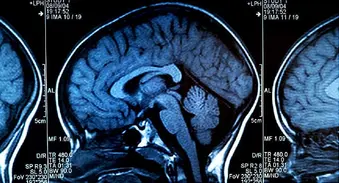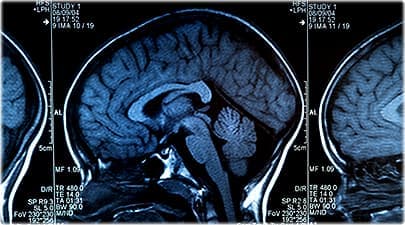Quiz: Alzheimer's Myths and Facts


Question 1/8
Alzheimer's and dementia are the same thing.
- True
- False
Question 2/8
Red wine and grape juice can help reverse Alzheimer's.
- True
- False
Question 3/8
Which of these raises your risk of Alzheimer's?
- Age
- Aluminum cans
- Flu shots
Question 4/8
If one of your parents has Alzheimer's, you'll probably get it, too.
- True
- False
Question 5/8
When does Alzheimer's start?
- Within 1 year of memory loss
- About 5 years before memory loss
- 20+ years before memory loss
Question 6/8
What are the odds you'll get Alzheimer's if you live to 85?
- 50%
- 75%
- 99%-100%
Question 7/8
What protects the brain more?
- Learning a new skill
- Doing the morning crossword
- A weekly computer brain game
Question 8/8
Who spends more on Alzheimer's care?
- Live-in caregivers
- Local caregivers
- Long-distance caregivers
